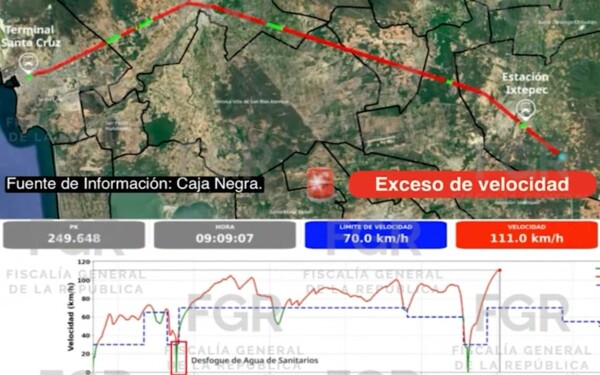
The National Electoral Institute (INE) published the list of more than 4,000 candidates for the upcoming election of the Judiciary, scheduled for June 1. After a delay in delivering the lists by the Senate, the INE disseminated a document on its website containing the data of the 4,224 eligible candidates for a judicial position.
In the published document, the lists can be seen divided by the different positions to which the candidates aspire, such as ministers of the Supreme Court of Justice of the Nation (SCJN), magistrates of the Judicial Disciplinary Tribunal (TDJ), and magistrates of the Superior Chamber of the Electoral Tribunal of the Judicial Power of the Federation (TEPJF), among others. The names of the candidates for magistrates of the Regional Chambers of the TEPJF in various cities across the country are also included.
Additionally, the electoral authority plans to approve the lists this Monday, the 17th, for their subsequent use in the printing of the ballots. Likewise, the INE will launch a microsite called 'Conóceles' where citizens can consult information about the candidates by electoral district.
In the upcoming judicial election, nearly a thousand judicial positions will be renewed in Mexico, including 386 judge positions and 464 magistracies. The judicial reform of September 2024 introduced significant changes in the structure and functioning of the Judiciary in Mexico, with the election by popular vote being one of the most novel and controversial measures. The reform also reduced the number of ministers of the SCJN and created the Judicial Disciplinary Tribunal to regulate the conduct of members of this branch of public power in the country.














